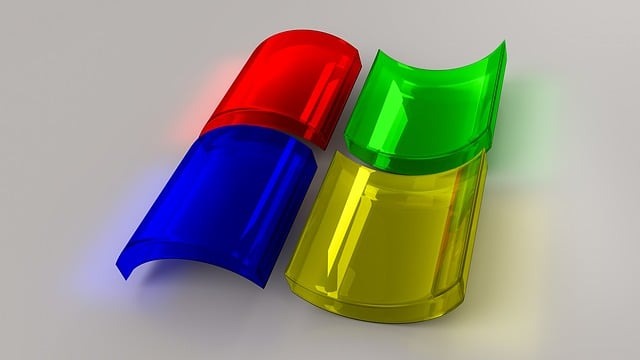Microsoft Preps Big Guns to Shift Copilot Software and PCs. As it works to integrate this technology across its software suite and hardware devices, the company is making bold moves to ensure adoption among consumers and enterprises. By embedding AI into popular software like Microsoft 365 and equipping its Surface line of PCs with AI-enhanced features, the tech giant seeks to redefine how users interact with their devices and streamline workflows in a transformative way.

The Strategic Push Behind Copilot
Microsoft Copilot, unveiled as a feature that seamlessly integrates AI assistance into applications, has been widely discussed as a revolutionary tool. Its functionality spans tasks like summarizing documents, drafting emails, and automating repetitive tasks, making it indispensable in modern professional environments. The push to integrate Copilot into platforms such as Word, Excel, and Teams underscores Microsoft’s commitment to improving productivity through AI.
This initiative isn’t limited to software. The company is aligning its hardware strategy with Copilot’s capabilities, ensuring that users can experience optimized performance when using the latest Surface PCs. These devices come with advanced processors and AI acceleration to handle the intensive computations required by Copilot’s features, demonstrating Microsoft’s forward-thinking approach in both hardware and software ecosystems.
Building AI-Ready PCs
The Surface lineup has been instrumental in Microsoft’s hardware strategy, but with the integration of AI, the stakes have been raised. New Surface models are expected to feature hardware dedicated to supporting AI workloads. This includes optimized GPUs and neural processing units (NPUs), enabling real-time AI operations without significant latency.
Microsoft’s decision to design devices around AI reflects broader trends in the tech industry, where AI workloads are becoming a standard requirement. Competitors like Apple and Google are also embedding AI-specific hardware into their products, but Microsoft’s unique selling point lies in its seamless integration of AI into both productivity software and the operating system itself.
Copilot as a Competitive Advantage
The addition of Copilot to Microsoft’s suite of products has given it a competitive edge over rivals. The ability to automate complex tasks and generate actionable insights positions it as a leader in the productivity software market. Companies looking to enhance efficiency are likely to see Copilot as an essential tool.
Furthermore, Microsoft’s subscription-based model for Copilot, bundled with Microsoft 365, provides a recurring revenue stream while ensuring consistent updates and improvements. This model also allows Microsoft to offer tiered pricing, appealing to a broad range of users from individual professionals to large enterprises.
Challenges and Market Response
Despite the ambitious rollout, Microsoft faces challenges in convincing users to adopt Copilot at scale. Concerns around data privacy, security, and the accuracy of AI-generated content remain significant barriers. Microsoft has taken steps to address these issues, implementing stringent privacy controls and transparency measures to ensure user trust.
Market reception has been mixed but generally positive. Early adopters have praised the time-saving features and ease of use, though critics highlight occasional errors in Copilot’s output. Continuous refinement through user feedback will be critical for its long-term success.
A Look at Competitors
Microsoft is not alone in this race. Google’s Workspace suite, with its AI-enhanced tools, presents stiff competition. Similarly, Apple’s focus on hardware-software integration offers a compelling alternative for users entrenched in its ecosystem. However, Microsoft’s deep enterprise penetration and extensive partnerships give it a significant advantage in reaching a diverse user base.
The Future of AI in Productivity
The success of Copilot will likely influence the broader adoption of AI in productivity tools. As Microsoft continues to innovate, it could set new standards for how businesses and individuals approach tasks. With advancements in AI algorithms and computing power, the potential applications of Copilot could expand beyond traditional office environments, impacting industries such as education, healthcare, and design.
The push for AI integration also aligns with the growing trend of hybrid work environments. By offering tools that enhance remote collaboration and automate administrative tasks, Microsoft is well-positioned to lead in a market that increasingly values flexibility and efficiency.
Microsoft’s efforts to integrate Copilot software into its product ecosystem represent a bold step toward an AI-driven future. By combining innovative software with powerful hardware, the company aims to deliver unparalleled value to its users. While challenges remain, Microsoft’s strategic vision and focus on user needs place it at the forefront of the AI revolution in productivity.










Add Comment